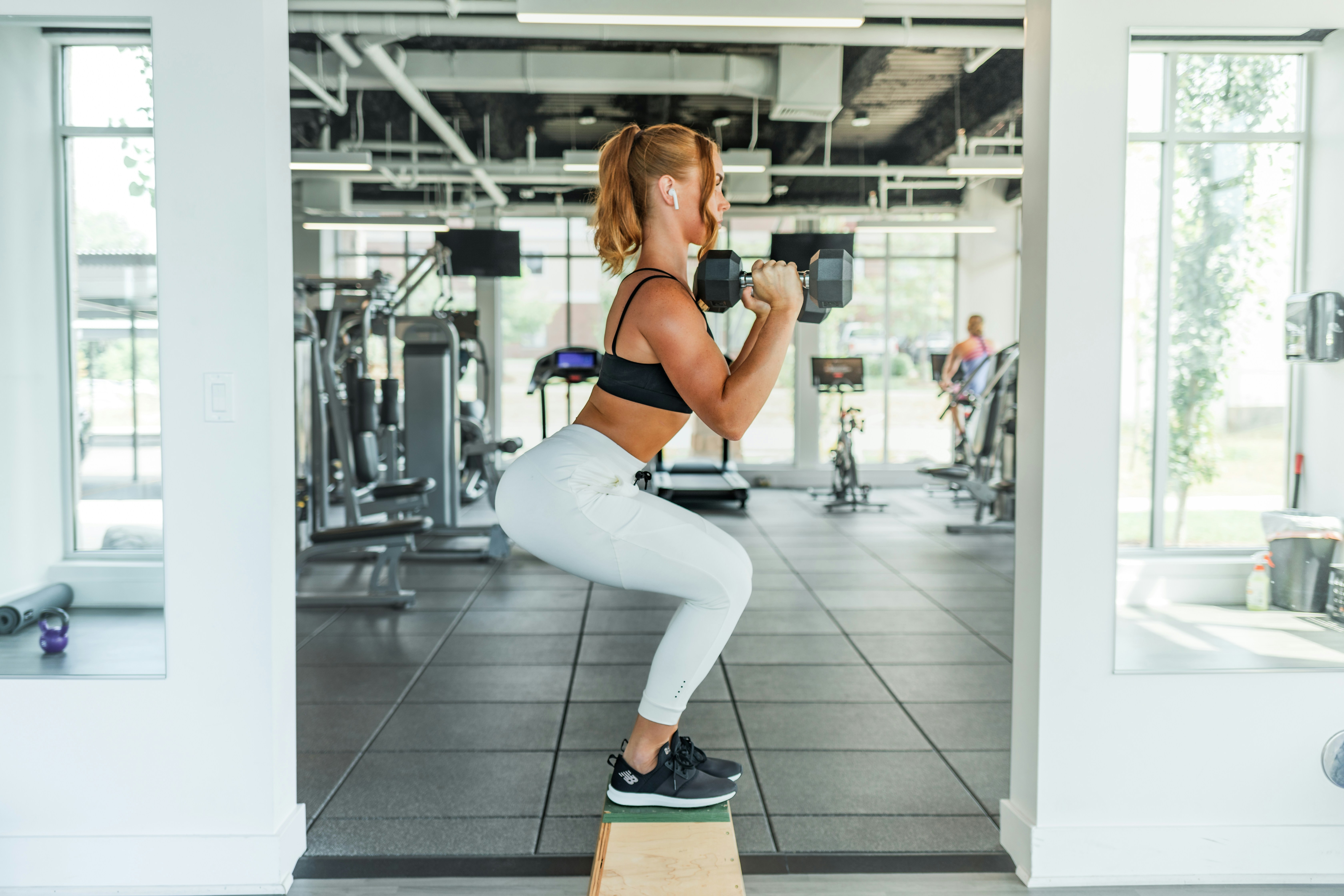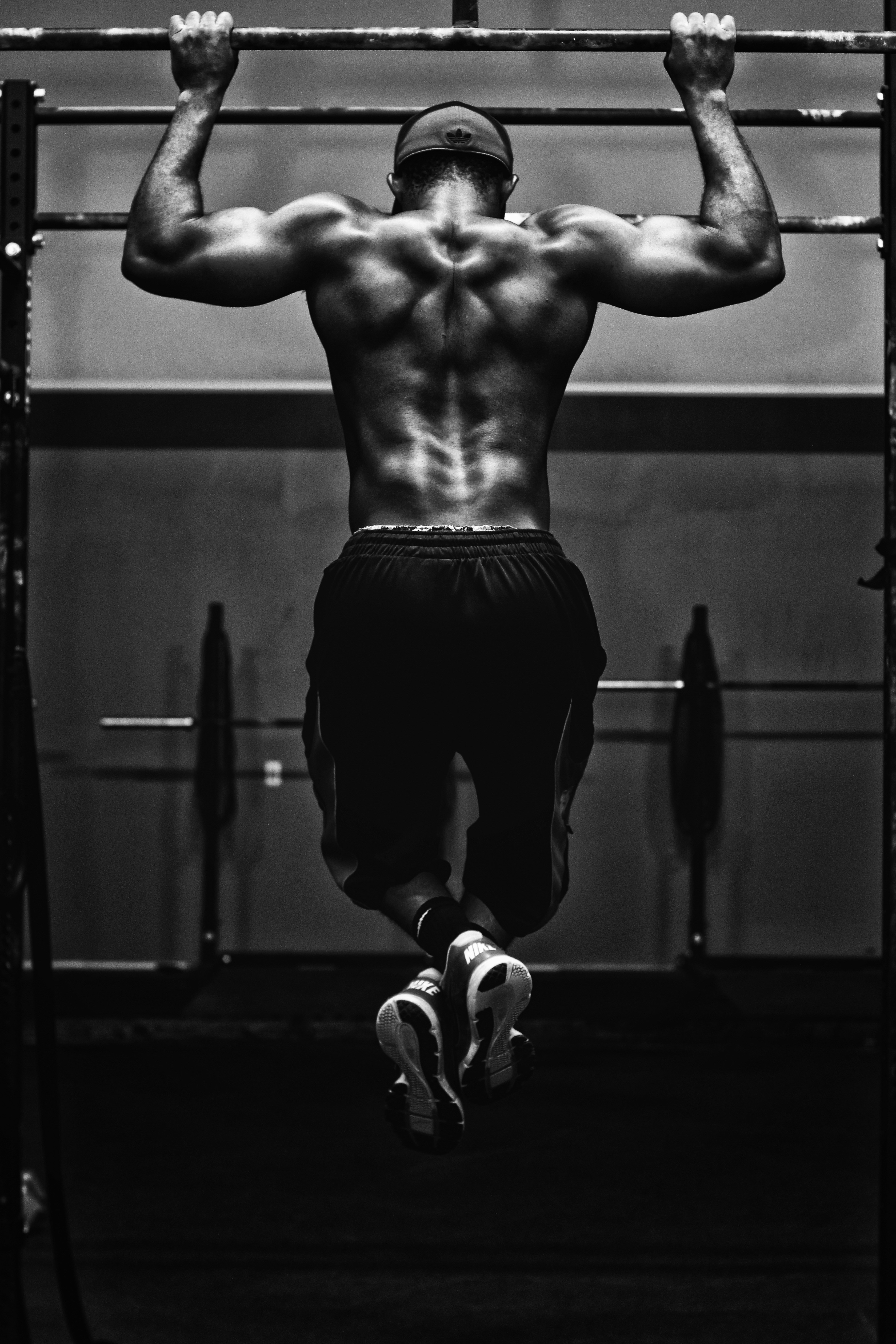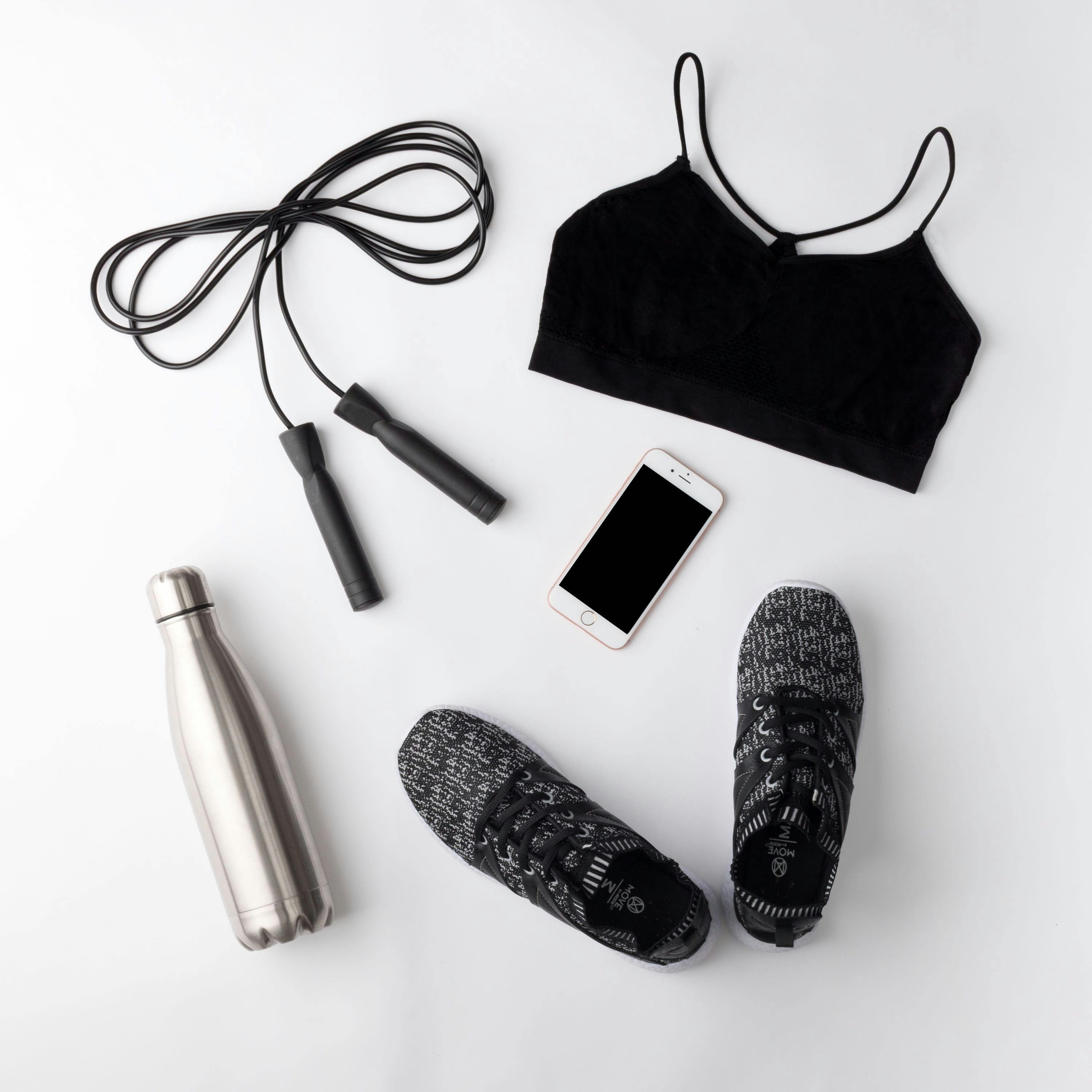Fitness and Sleep: Can You Train Effectively Without Good Sleep?

Fitness and Sleep: Can You Train Effectively Without Good Sleep?
"Sleep is the best meditation." – Dalai Lama
Introduction
When it comes to fitness and achieving your goals, there are a variety of factors to consider: workout intensity, nutrition, and consistency. However, one crucial element that often gets overlooked is sleep . While it's easy to focus on the number of sets and reps, or the calories burned during a workout, getting enough quality sleep may be just as important, if not more so, when it comes to optimizing your fitness progress.
Sleep plays a vital role in recovery, muscle repair, hormonal regulation, and overall performance. But what happens if you don’t get enough sleep? Can you still train effectively without proper rest? In this article, we’ll explore the relationship between fitness and sleep , why sleep is essential for optimal performance, and how poor sleep can hinder your training progress.
The Importance of Sleep in Fitness
1. Muscle Recovery and Growth
One of the primary reasons sleep is so crucial for fitness is its role in muscle recovery and growth . During intense workouts, muscle fibers are broken down. It is during sleep that the body repairs and rebuilds these fibers, making them stronger and more resilient.
Growth Hormone Release : Sleep, particularly deep sleep , is when your body releases the most growth hormone . This hormone plays a key role in muscle growth and tissue repair. Without enough sleep, your body has less time to release these recovery-promoting hormones.
Protein Synthesis : During sleep, the body engages in muscle protein synthesis (MPS), which is the process of rebuilding muscle fibers. This is essential for muscle growth and preventing muscle breakdown. Inadequate sleep can reduce the effectiveness of this process.
2. Energy Restoration
Sleep is a time for your body to restore energy levels. During deep sleep stages, the body replenishes adenosine triphosphate (ATP) , the primary energy currency for cells. This restoration of energy is vital for physical performance, ensuring that you have the strength and stamina to perform at your best during workouts.
Glycogen Replenishment : Glycogen is the stored form of carbohydrates in muscles and liver, and it's used as a primary fuel source during exercise. Sleep helps replenish glycogen stores, ensuring that you have enough energy for your next workout.
Reduced Fatigue : Proper rest reduces feelings of fatigue and allows you to perform high-intensity workouts without feeling drained or sluggish. Over time, consistent lack of sleep can lead to chronic fatigue, making it difficult to maintain performance.
3. Hormonal Regulation
Sleep plays a critical role in regulating key hormones that affect fitness and overall health. These hormones include:
Cortisol : Known as the stress hormone, cortisol can increase in response to physical stress and lack of sleep. High levels of cortisol can impair muscle recovery, increase fat storage, and hinder fat loss. Proper sleep helps maintain balanced cortisol levels.
Leptin and Ghrelin : Leptin and ghrelin are hormones that regulate hunger and appetite . Lack of sleep increases ghrelin (the hunger hormone) and decreases leptin (the hormone that signals fullness). This can lead to overeating and poor nutritional choices, which can negatively affect body composition and fitness progress.
Testosterone : Sleep is essential for maintaining healthy testosterone levels, which are critical for muscle growth and strength development. Inadequate sleep can lead to a decrease in testosterone, negatively affecting performance and recovery.
How Poor Sleep Affects Your Training
1. Decreased Performance and Strength
Studies show that even one night of poor sleep can lead to a decrease in performance the following day. This could manifest as reduced strength, slower reaction times, and an inability to perform exercises at the same intensity.
Strength Training : Lack of sleep can impair the body’s ability to lift heavy weights and perform at maximal intensity. Without proper rest, muscles don’t have the chance to fully recover, leading to a decline in strength and performance.
Endurance : Sleep deprivation can also affect cardiovascular performance. For activities like running, cycling, or swimming, insufficient rest can reduce endurance, making it harder to sustain high-intensity efforts.
2. Increased Risk of Injury
When you’re sleep-deprived, your reaction times slow down and your coordination suffers. This increases the risk of injury, especially when performing high-intensity or complex movements in the gym. Poor sleep can also lead to mental fatigue, which can make it harder to focus on form, further increasing injury risk.
3. Weakened Immune System
Chronic sleep deprivation weakens the immune system, leaving the body more susceptible to illness. As a result, if you’re consistently not getting enough rest, you may find that you get sick more often, which can disrupt your training schedule and slow down progress.
How Much Sleep Do You Need?
The amount of sleep you need depends on various factors, including your age, activity level, and overall health. However, general guidelines suggest:
- Adults : 7 to 9 hours of sleep per night
- Athletes : 8 to 10 hours of sleep per night for optimal performance and recovery
If you’re training intensely, you may need more sleep to support muscle recovery and energy restoration. Conversely, if you’re only doing light exercise, you might be able to get by with 7 hours of sleep.
Tips for Improving Sleep Quality
1. Create a Sleep-Friendly Environment
- Darkness : Ensure your bedroom is dark, as light can interfere with the production of melatonin, the hormone that helps you fall asleep.
- Temperature : Keep the room cool, as the optimal sleep temperature is between 60-67°F (15-19°C).
- Noise : Use earplugs or a white noise machine if you're sensitive to noise during the night.
2. Establish a Bedtime Routine
- Avoid screens : Limit screen time before bed, as the blue light emitted by phones, tablets, and computers can disrupt your sleep cycle.
- Relaxation : Engage in calming activities like reading, listening to soothing music, or practicing meditation to help your body relax.
3. Consistent Sleep Schedule
Try to go to bed and wake up at the same time every day, even on weekends. This helps regulate your circadian rhythm, making it easier to fall asleep and wake up feeling refreshed.
4. Limit Caffeine and Alcohol
Avoid consuming caffeine or alcohol too close to bedtime. Both substances can interfere with your sleep quality, leading to fragmented or shallow sleep.
Conclusion
It’s clear that sleep and fitness are intricately connected. Sleep isn’t just a time to rest; it’s when your body repairs, recovers, and restores the energy necessary for peak performance. Without sufficient sleep, your training will suffer, and your progress will slow down. Poor sleep can lead to increased fatigue, decreased strength, higher injury risk, and even hormonal imbalances that hinder muscle growth and fat loss.
If you're serious about reaching your fitness goals, prioritizing sleep is just as important as your workout routine and nutrition plan. Aim for 7-9 hours of quality sleep each night, and don’t underestimate the power of rest in maximizing your fitness potential.
"Sleep is the best meditation." – Dalai Lama
References
- Fullagar, H. H., et al. (2015). Sleep and athletic performance: The effects of sleep loss on exercise performance, and physiological and cognitive processes . Sports Medicine, 45(2), 255-264.
- Walker, M. (2017). Why We Sleep: The New Science of Sleep and Dreams . Scribner.
- Chtourou, H., & Souissi, N. (2012). The effect of sleep deprivation on sport performance: A meta-analysis . Journal of Sports Sciences, 30(9), 939-946.
- Reilly, T., & Piercy, M. (2007). The Effects of Sleep Deprivation on Physical Performance . Journal of Sports Science and Medicine, 6(4), 522-531.




